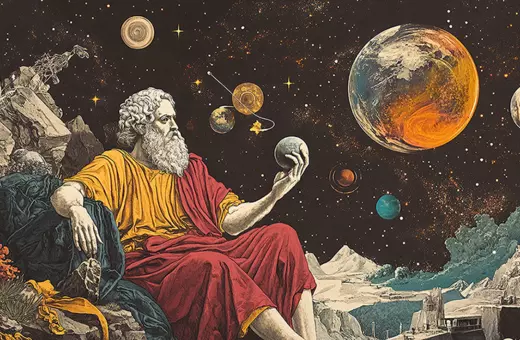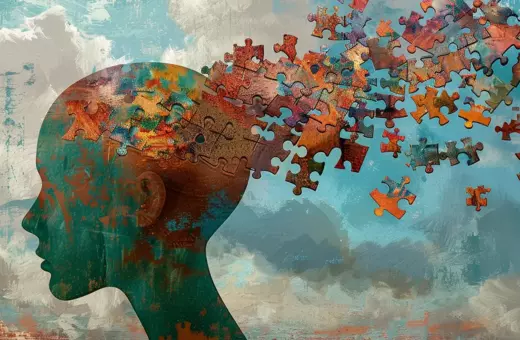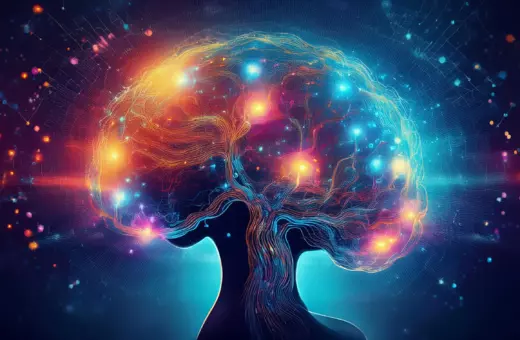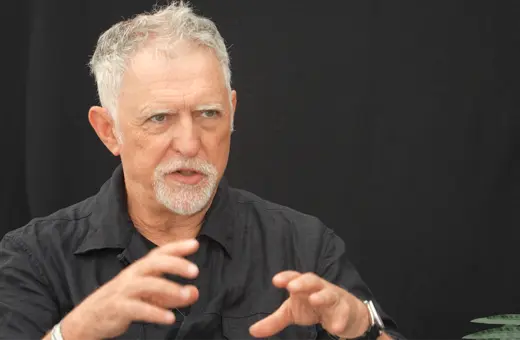Many of us recognize the serious ethical problems confronting us, and want to change the world towards the better. So why do so few of us go on to do so, even when we are convinced that we should? At least since Plato philosophers have argued over the power of reason to bring about change. But abstract reason on its own, it turns out, is unable to motivate us. Simply knowing what the right thing to do is, isn’t enough. It’s only when our emotions, when our empathy, become engaged that we feel the pull of our reasoning, argues Lori Gruen.
The world is a far from perfect place. There are so many problems confronting us – wars, poverty, injustice, racism, climate change. And it’s not just humans who are facing such devastation. Animals are being killed by the trillions, annually, in industrial food systems and are perishing in their dwindling and increasingly polluted habitats. Many of us want to change the world for the better, make a difference, but only a few actually go on to do so. Why is that?
Philosophers at least as far back as Plato have focused on ethical questions and wondered about the best ways to bring about change. Yet even when a theory for ethical social change emerges, not much action results. Of course, there are many reasons why people don’t act – political, material, and ideological forces can create an array of obstacles to action. But there also appears to be a problem of motivation. As we are facing global suffering and tragedy as never before, people are unmoved to act. Part of this reluctance may stem from the abstract nature of ethical theorizing and the way such theorizing arrives at apparent solutions.
___
___
Consider arguments against factory farming. These arguments made by philosophers in the 1970s and 1980s, were designed to bring attention to the violent conditions that chickens, turkeys, ducks, lambs, cows, and pigs experience before they are slaughtered in the billions in industrial agricultural production. They urged a change in eating habits. Philosophers Tom Regan and Peter Singer were early pioneers of these arguments in animal ethics, arguments that maintain there is no morally relevant distinction between human and non-human animals that can justify humans raising and slaughtering non-humans for food. Regan argued that both humans and non-humans are individually experiencing subjects-of-a-life whose lives matter to them regardless of what others might think. Regan argues that subjects-of-a-life,
want and prefer things, believe and feel things, recall and expect things. And all these dimensions of our life, including our pleasure and our pain, our enjoyment and suffering, our satisfaction and frustration, our continued existence or our untimely death—all make a difference to the quality of our life as lived, as experienced, by us as individuals. As the same is true of . . . animals . . . they too must be viewed as the experiencing subjects of a life, with inherent value of their own. (Tom Regan, “The Case for Animal Rights,” in In Defense of Animals, ed. Peter Singer (New York: Blackwell, 1985), 22.)





















Join the conversation